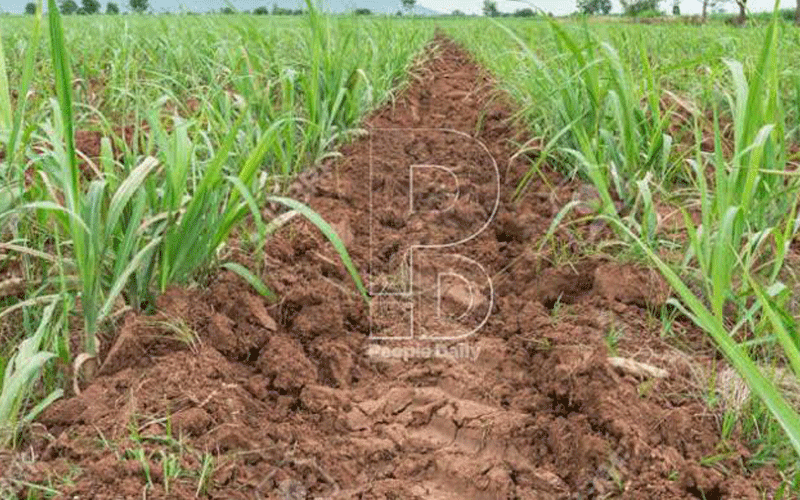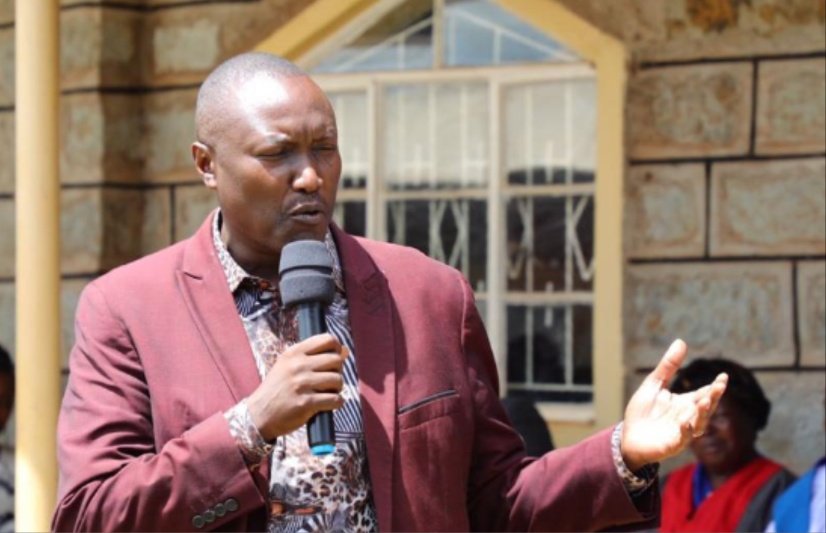Hope for cane farmers as State tames brokers

Long-suffering sugarcane farmers have some hope as the government fast-tracks measures to reduce middle men who are exploiting them.
Agriculture Cabinet Secretary Peter Munya has told the Senate that implementation of the Crops (Sugar) (General) Regulations 2020 has helped in taming middlemen who for long have been exploiting sugarcane farmers.
He said growers are now able to sell their sugarcane directly to millers thus avoiding manipulation by the middlemen who eat from their sweat.
“This has been addressed through provisions of the Crops (sugar) (general) Regulations 2020 first schedule, sub-regulations 14 –agreements between growers and millers,” Munya said in a statement to the Senate on the plight of sugarcane farmers in the Western Kenya sugar belt.
Middlemen normally pay farmers cheaply for cane delivered, contributing to miseries the growers have been grappling with for long.
Munya’s response followed a question that had been sought at the sitting of the Senate in March 2021 by Senator Naomi Shiyonga who requested for a statement on a number of issues from the chairperson of the Standing Committee on Agriculture, Livestock and Fisheries In the statement, the senator sought the major cause for delay in transporting sugarcane to the sugar companies after harvest, especially for growers in Navakholo and Muhoroni areas.
Delayed payment
Shiyonga also sought to know the measures put in place to address this delay, as well as the issue of delayed payment for delivered sugarcane, noting that sugarcane farming is the only source of livelihood for some of these farmers.
The senate further wanted to know the progress made towards removal of rogue sugarcane brokers from the market and enhancement of seamless operations between the farmers and the sugarcane companies.
Also sought were measures put in place, if any, to cushion sugarcane farmers from losses they incur by failure and delay by these companies to transport sugarcane, often leading to drying and rotting of the cane upon harvest.
Munya said that the regulations allow the growers not to sell their sugarcane through a middleman nor dispose of it or any interest therein to any other parties.
“Written permission is required from a miller specifying the tonnage of sugarcane which may be sold, the date on which the sale may take place and destination of the sugarcane,” he added.
Munya stated that in addition to undercutting growers, millers also lose their cane development investment through rogue middlemen’s involvement in sugarcane marketing.
They have been advised to apply administrative actions to discourage middlemen from the market.
More reforms are expected in the sugar industry, especially once the Sugar Bill 2020 is enacted into law by Parliament.
The Crops General Regulation Act 2020, that was Gazetted in May by Munya, among other things roots for the introduction of contractual farming in a bid to promote free market of the primary raw material of the sweetener,











